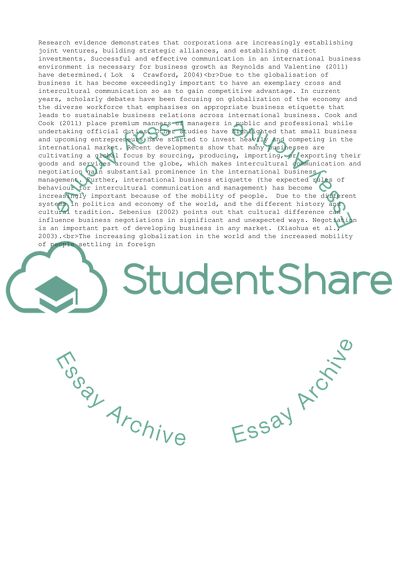Cite this document
(“Business Etiquette Essay Example | Topics and Well Written Essays - 2500 words”, n.d.)
Business Etiquette Essay Example | Topics and Well Written Essays - 2500 words. Retrieved from https://studentshare.org/management/1697091-business-etiquette
Business Etiquette Essay Example | Topics and Well Written Essays - 2500 words. Retrieved from https://studentshare.org/management/1697091-business-etiquette
(Business Etiquette Essay Example | Topics and Well Written Essays - 2500 Words)
Business Etiquette Essay Example | Topics and Well Written Essays - 2500 Words. https://studentshare.org/management/1697091-business-etiquette.
Business Etiquette Essay Example | Topics and Well Written Essays - 2500 Words. https://studentshare.org/management/1697091-business-etiquette.
“Business Etiquette Essay Example | Topics and Well Written Essays - 2500 Words”, n.d. https://studentshare.org/management/1697091-business-etiquette.


